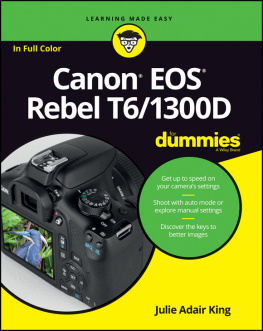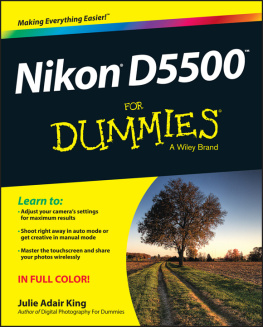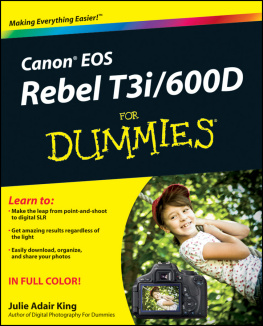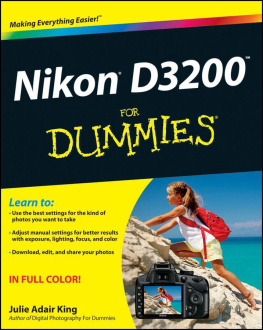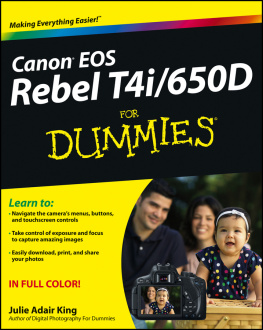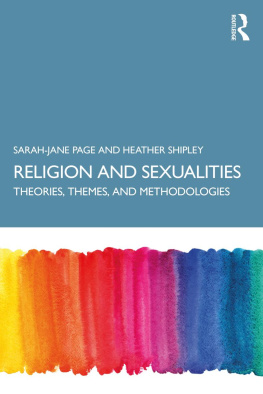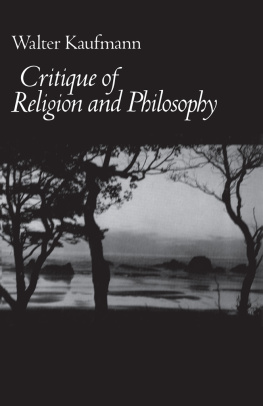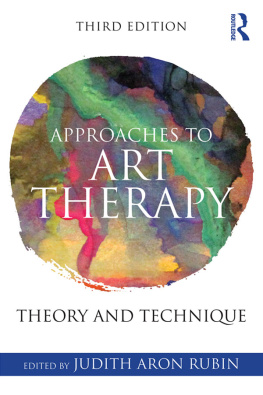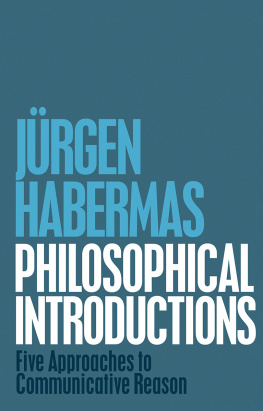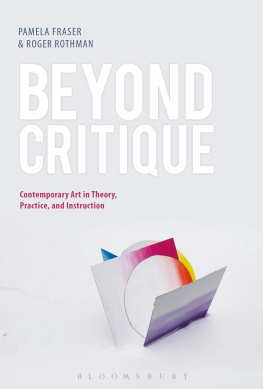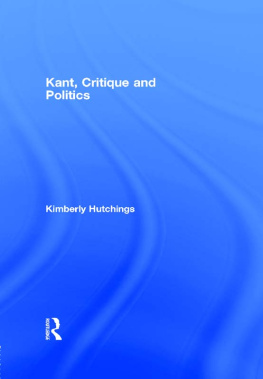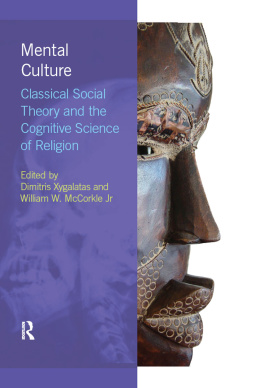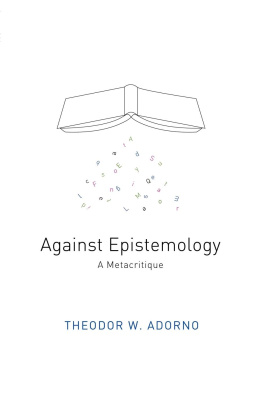King - Religion, theory, critique classic and contemporary approaches and methodologies
Here you can read online King - Religion, theory, critique classic and contemporary approaches and methodologies full text of the book (entire story) in english for free. Download pdf and epub, get meaning, cover and reviews about this ebook. year: 2017, publisher: Columbia University Press, genre: Religion. Description of the work, (preface) as well as reviews are available. Best literature library LitArk.com created for fans of good reading and offers a wide selection of genres:
Romance novel
Science fiction
Adventure
Detective
Science
History
Home and family
Prose
Art
Politics
Computer
Non-fiction
Religion
Business
Children
Humor
Choose a favorite category and find really read worthwhile books. Enjoy immersion in the world of imagination, feel the emotions of the characters or learn something new for yourself, make an fascinating discovery.

Religion, theory, critique classic and contemporary approaches and methodologies: summary, description and annotation
We offer to read an annotation, description, summary or preface (depends on what the author of the book "Religion, theory, critique classic and contemporary approaches and methodologies" wrote himself). If you haven't found the necessary information about the book — write in the comments, we will try to find it.
King: author's other books
Who wrote Religion, theory, critique classic and contemporary approaches and methodologies? Find out the surname, the name of the author of the book and a list of all author's works by series.
Religion, theory, critique classic and contemporary approaches and methodologies — read online for free the complete book (whole text) full work
Below is the text of the book, divided by pages. System saving the place of the last page read, allows you to conveniently read the book "Religion, theory, critique classic and contemporary approaches and methodologies" online for free, without having to search again every time where you left off. Put a bookmark, and you can go to the page where you finished reading at any time.
Font size:
Interval:
Bookmark:
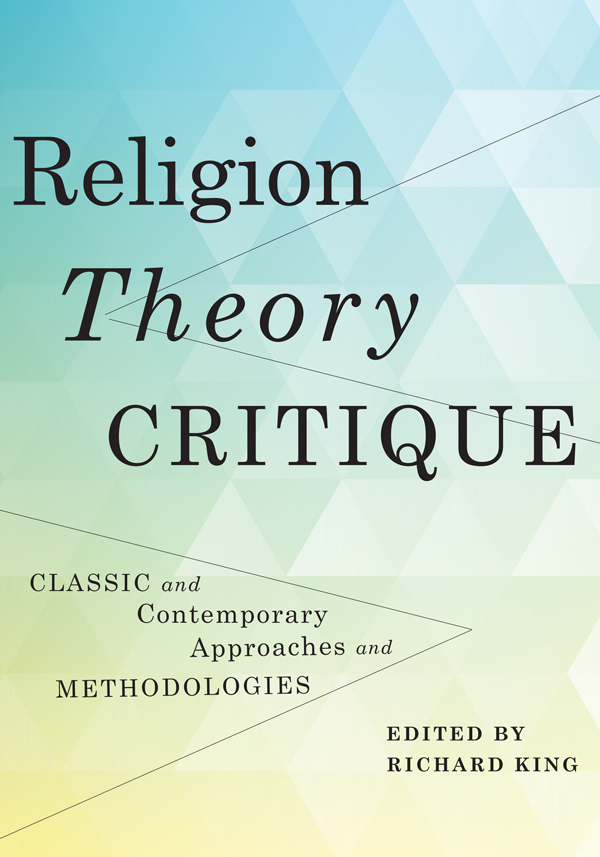
Religion, Theory, Critique
RELIGION, THEORY, CRITIQUE
Classic and Contemporary Approaches and Methodologies
EDITED BY
RICHARD KING
Columbia University Press
New York

Columbia University Press
Publishers Since 1893
New York Chichester, West Sussex
cup.columbia.edu
Copyright 2017 Columbia University Press
All rights reserved
E-ISBN 978-0-231-51824-6
Library of Congress Cataloging-in-Publication Data
Names: King, Richard, 1966 editor.
Title: Religion, theory, critique: classic and contemporary approaches and methodologies / edited by Richard King.
Description: New York: Columbia University Press [2017] | Includes bibliographical references and index.
Identifiers: LCCN 2016058609 | ISBN 9780231145428 (cloth: alk. paper) | ISBN 9780231145435 (pbk.: alk. paper) | ISBN 9780231518246 (e-book)
Subjects: LCSH: Religion.
Classification: LCC BL41 .R367 2017 | DDC 200.7dc23
LC record available at https://lccn.loc.gov/2016058609
A Columbia University Press E-book.
CUP would be pleased to hear about your reading experience with this e-book at .
Cover design: Jordan Wannemacher
For Lila King and Christina Bosanko
Contents
RICHARD KING
DANIEL BOYARIN
WARD BLANTON AND YVONNE SHERWOOD
ARVIND MANDAIR
LOURENS VAN DEN BOSCH
HUGH NICHOLSON
JUNICHI ISOMAE
RANDALL STYERS
JAY GELLER
TYLER ROBERTS
VOLNEY GAY
TERRY REY
TINA BEATTIE
EDWARD P. ANTONIO
YA-PEI KUO
AHMET T. KARAMUSTAFA
ARVIND MANDAIR
JEREMY CARRETTE
JEREMY CARRETTE AND DAVID LAMBERTH
GREGORY ALLES
VOLNEY GAY
ILKKA PYYSIINEN
STEVEN ENGLER AND MARK QUENTIN GARDINER
LUDGER VIEFHUES-BAILEY
VOLNEY GAY
DANIEL DUBUISSON
BRYAN S. TURNER
SIMON SPECK
RANDALL STYERS
JON P. MITCHELL
RICHARD FOX
ULRIKE BRUNOTTE
ULRIKE BRUNOTTE
JON P. MITCHELL
KOCKU VON STUCKRAD
CHARLES E. SCOTT
JAMES L. COX
GREGORY ALLES
WILLIAM ARNAL
TIMOTHY FITZGERALD
NELSON MALDONADO-TORRES
TERRY REY
ELLEN ARMOUR
JEREMY CARRETTE
RANDALL STYERS
DARLENE JUSCHKA
MORNY JOY
NAOMI R. GOLDENBERG
NELSON MALDONADO-TORRES
DAVID CHIDESTER
WILLIAM DAVID HART
VICTOR ANDERSON
VICTOR ANDERSON
WILLIAM T. CAVANAUGH
GREGORY ALLES
JEREMY CARRETTE
T his edited collection seeks to explore the academic study of religion not as the study of a preexisting and established object but rather as a discursive field that produces its object of study in the very process of engaging in the language game of religion. In an edited volume of this size, with so many different authors and perspectives to consider, one cannotindeed should notexpect any uniformity of perspective or single position to prevail. Nevertheless, as an overall editorial project, the volume seeks to move forward our understanding of both the history of the field of the comparative study of religion and its possible future directions by drawing attention not only to the contingent, constructed, and imagined aspects of the field but also to theoretical trends in the late twentieth and early twenty-first century that are impacting upon the self-understanding of the field by its scholarly practitioners. Note that in talking about work within the study of religions as imagined (with the appropriate nod toward the work of Jonathan Z. Smith), I am not implying that such work is false (though there is an important dimension of such work that is indeed made up or constructed in particular ways) but rather drawing attention to the creative role of the scholars imagination in the construction of the field and its object(s) of study. The academic study of religion is of course not a special case in this regard. Academic fields constitute their objects through engagement with specific language games. The stability of such discourses often results in a reification and naturalization of their objects in the process, though this need not be the case. Part of the unmasking of strong disciplinary claims to provide solid, objective, and incontestable scientific knowledge is precisely to point out ways in which one might imagine such constructions and scholarly fields unfolding differently. Rather than a sign of intellectual weakness or vapid generality, the multidisciplinary and comparativist lenses of the contemporary study of religion remain tangible intellectual strengths in that they make scholarship within the field especially receptive to an awareness of the limitations of narrow disciplinary perspectives and cultural blind spots as well as furnishing opportunities to observe the otherwise largely unseen Western and modernist assumptions that continue to define contemporary academic discourses.
All methodological approaches to the study of religion have embedded within them a series of paradigmatic assumptions about religion and how it might be examined and these presuppositions frame the horizon of investigative possibility for each disciplinary lens. This volume is about the diverse ways in which religion can and has been theorized and seeks to draw out some of the theoretical presuppositions that have framed the dominant ways that religion has been understood and studied in the Academy.
The volume is organized into sections intended to explore how the category of the religious has been implicated in a series of elisions (for example, religion/secular/sacred, religion/society/culture). As editor, I have chosen this approach for two reasons. First, to demonstrate that however one characterizes religion, it always remains defined in relation to a series of cognate and oppositional categories that establish both its clarity and its usefulness as a conceptual placeholder within discourse. However, in establishing the nature and identity of something called religion, the term remains bound up not only with its cognate relatives (the sacred, faith, belief, devotion, ritual, myth, and the like) but also with that which it is deemed not to be (the secular, magic, science, philosophy, society, and the like). In this sense, religion is a signifier that is stabilized in discourse as a meaningful conceptual placeholder through a complex network of repeated elisions and differentiations. Religion is not a special or unique case in this regard, though it has played a crucial role in defining and concretizing national and cultural identities across time and space and defining the relationship of the West to the rest. As such, its ongoing interrogation is a crucial component of any comparative study of cultures/civilizations. Second, organizing sections according to underlying themes, elisions, and assumptions about the religious seeks to avoid an approach that might further entrench disciplinary differences and authority claims (from areas such as psychology of religion, sociology of religion, anthropology of religion, and the like), since the process whereby these disciplinary fields become naturalized is itself an object of discussion and debate within this volume. Nevertheless, each respective disciplinary lens has constituted its own field of intellectual analysis and has generated a set of approaches and issues that intersect with broader concerns and methods but that also develop their own set of questions and sense of internal coherence. Consequently, contributions are organized in a way that would be recognizable to those seeking to examine the study of religions in terms of established disciplinary approaches.
Font size:
Interval:
Bookmark:
Similar books «Religion, theory, critique classic and contemporary approaches and methodologies»
Look at similar books to Religion, theory, critique classic and contemporary approaches and methodologies. We have selected literature similar in name and meaning in the hope of providing readers with more options to find new, interesting, not yet read works.
Discussion, reviews of the book Religion, theory, critique classic and contemporary approaches and methodologies and just readers' own opinions. Leave your comments, write what you think about the work, its meaning or the main characters. Specify what exactly you liked and what you didn't like, and why you think so.

